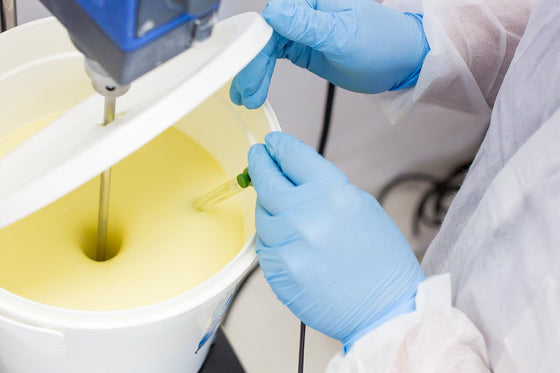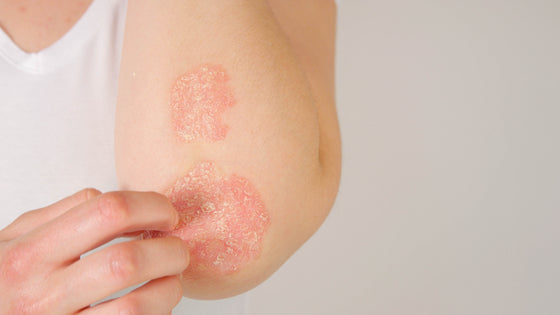
Once upon a time a short while ago, I wasn’t a fan of peptides in skincare products. The pharmacist in me was sceptical that the evidence for the effectiveness was slightly lacking. More importantly, the lack of evidence surrounding possible side effects had me downright worried.
A chemical that can alter intracellular messaging and hormones sounds a bit daunting. What would happen if a chemical that stimulates the growth of cells was applied to a cancerous lesion on the skin?
Whilst my caution will always remain, after much research, I’m more comfortable in the knowledge that some of the peptides have been used for over 15 years and there appears to be an extremely minimal chance of any adverse effect.
In fact, I believe that peptides are a good, safe alternative for some of the topical therapies we’ve used for a long time that have serious side effects.
One particular example is retinoic acid or tretinoin, which has been used for a long time in "anti-ageing" circles. It stimulates new collagen and increases the rate of skin turnover but also irritates the skin and makes people prone to sunburn. Matrixyl 3000 is an old peptide that has similar effects to retinoic acid but without these side effects.
Another example is Skinasensyl, which is designed to decrease inflammation and irritation in the skin. This is a wonderful addition to the treatment of dermatitis or eczema and lead to the decreasing dependence on cortisone based agents of which long term use is problematic.
At BCP we are starting to use topical peptides more frequently as therapeutic agents. But unlike a general cosmetic retailer, we thoroughly research and understand the positives and negatives of using them first. If you have any peptide related queries, please don’t hesitate to talk to one of the pharmacists.
Comments will be approved before showing up.

Medicinal cannabis products are legal, high quality medicines that can be prescribed for people by their doctor. Medicinal cannabis is derived from cannabis plants and can be used to treat the symptoms of certain medical conditions, and the side effects of some treatments.
